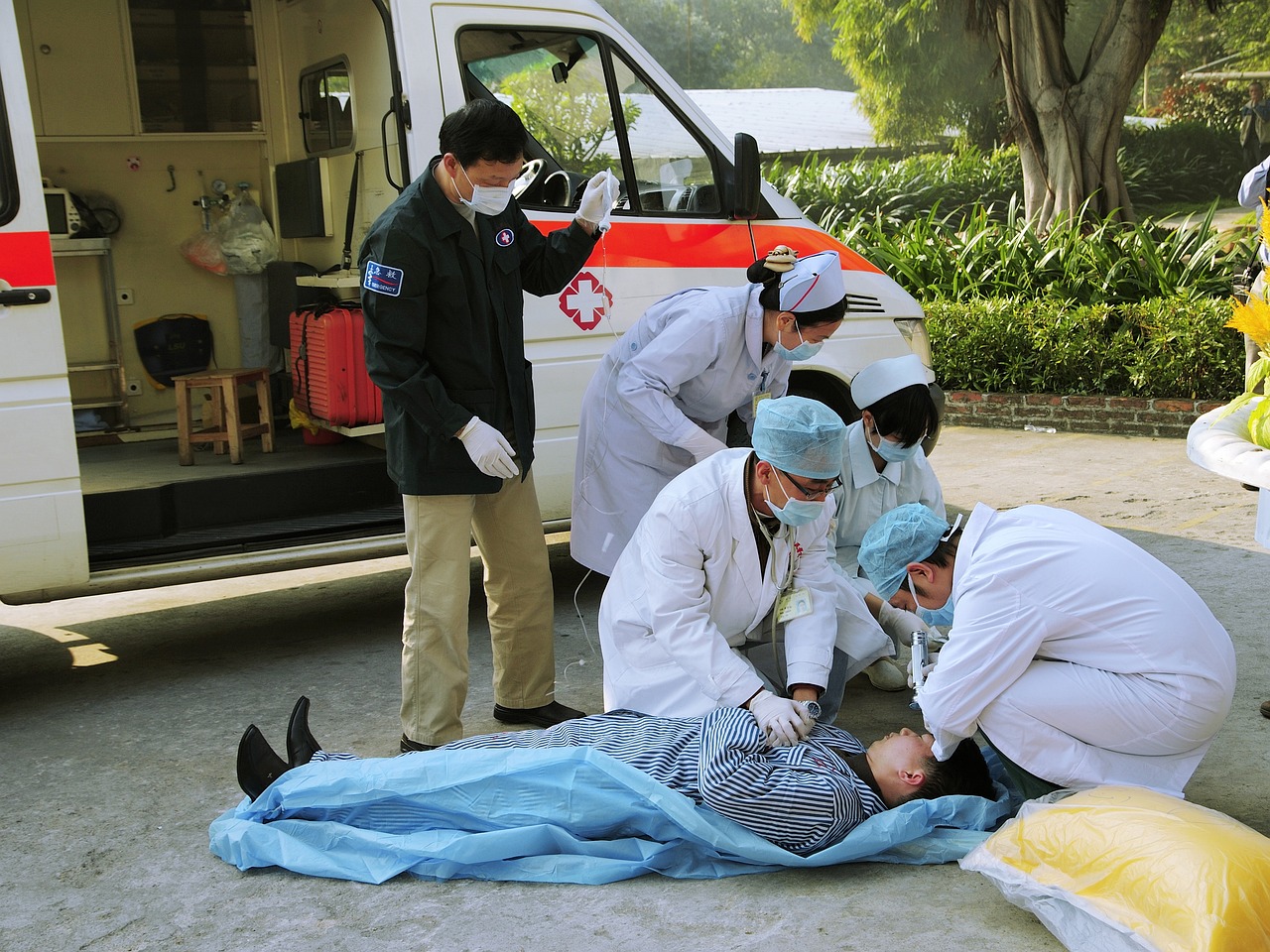
Horrific Massacre in Gaza: Over 66 Dead in Attack
Terrible airstrike in northern Gaza An Israeli air strike at dawn hit northern Gaza, killing at least 66 people, including many women and children, and wounding over 100 individuals.

As food shortages intensify in Gaza, the situation has worsened due to violent thefts by criminal gangs. Aid workers and local residents report that these criminal activities are significantly hindering the distribution of essential supplies in the southern regions, despite the presence of Israeli Defense Forces (IDF) nearby.
Armed groups operate openly along the border, creating a chaotic environment where humanitarian efforts are severely impacted.
On November 16, a significant incident occurred when nearly 100 UN lorries were robbed, resulting in injuries among Palestinian drivers. This theft marks one of the most devastating losses of aid during the ongoing conflict. In response to this surge in crime, Hamas has reactivated a specialized security force aimed at combating theft and restoring order.
Sam Rose, deputy director of UNRWA, highlighted the breakdown of law and order around Gaza’s Kerem Shalom crossing—the main entry point for goods—stating that criminal gangs have exploited the power vacuum left by ongoing conflict.
According to humanitarian officials, the deteriorating situation is tactical and systematic, leading to a cycle of violence affecting all parties involved—from looters to law enforcement.
With increasing lawlessness since early military actions targeting police officers, Hamas’s control over security has reportedly plummeted to below 20%. A former Hamas police officer noted efforts are underway to restore control back to 60% within a month.
The humanitarian crisis has reached alarming proportions as winter approaches. The population of Gaza—approximately 2.3 million—is facing dire shortages of food, medicine, and other essentials due to limited aid inflow and skyrocketing prices. Basic commodities have become exorbitantly priced; for instance, a bag of flour now costs more than $200, and a single egg is priced at $15.
Individuals like Umm Ahmed express their daily struggles: “We don’t want much, just to live a decent life,” she states while waiting in long queues for basic supplies.
Despite calls from the U.S. for increased aid shipments into Gaza, Israeli officials attribute delays to logistical challenges faced by international agencies rather than their restrictions. Aid workers argue that security measures imposed by Israeli authorities need reevaluation to facilitate necessary relief efforts.
Concerns grow regarding how aid is eventually distributed as smuggling rings flourish amidst this chaos.
As Israel contemplates new measures for aid distribution—including potentially utilizing private American security contractors—questions remain about safety and efficacy. Aid workers worry that such strategies could exacerbate violence rather than alleviate it.
In summary, the convergence of criminal activity with deepening humanitarian needs presents an urgent challenge for Gaza’s future. Without effective intervention and support systems in place, both local residents and aid organizations may face an increasingly perilous landscape in their quest for stability and survival.

Terrible airstrike in northern Gaza An Israeli air strike at dawn hit northern Gaza, killing at least 66 people, including many women and children, and wounding over 100 individuals.

Allegations of War Crimes in Gaza: Human Rights Watch Report Raises Alarms A recent report by Human Rights Watch (HRW) has ignited a fierce debate surrounding Israel’s military actions in Gaza, claiming that the nation has engaged in war crimes and crimes against humanity through the deliberate mass displacement of Palestinians.